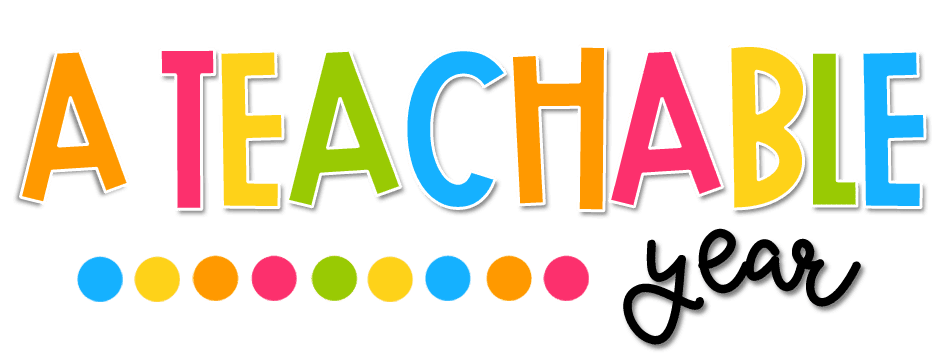Bonfire Night, observed on November 5th, commemorates the thwarting of the Gunpowder Plot in 1605, offering ESL teachers a chance to delve into British heritage, history, and the significance of community and tradition.
Understanding Bonfire Night
Bonfire Night marks the preservation of democracy after the failed Gunpowder Plot and involves bonfires, fireworks, and effigies of Guy Fawkes, symbolizing the thwarting of the plot.
Language Skills and Activities
Vocabulary Enrichment:
Introduce vocabulary related to Bonfire Night, such as bonfire, fireworks, effigy, tradition, and celebration. Use visuals or discussions to reinforce these terms.
Reading and Comprehension:
Select articles, historical narratives, or stories about Bonfire Night, the Gunpowder Plot, or cultural traditions. Engage students in reading sessions followed by discussions or comprehension tasks.
Writing Tasks:
Encourage students to write stories about community events, essays on the historical significance of Bonfire Night, or reflections on the importance of traditions. This exercise nurtures language skills and critical thinking.
Embracing Community and Tradition
Bonfire Night Traditions:
Discuss the traditions of Bonfire Night, including bonfires, fireworks displays, and the symbolic burning of Guy Fawkes effigies.
Community Spirit:
Explore the importance of community gatherings, unity, and the shared experience of celebrating Bonfire Night.
Interactive Activities
Bonfire Night Crafts:
Engage students in creating Bonfire Night-themed crafts, such as making mini bonfire models or designing firework displays, fostering creativity and cultural exploration.
Storytelling Sessions:
Encourage students to share their cultural traditions or experiences of community celebrations, promoting communication skills and cultural exchange.
Reflective Discussions
Values of Bonfire Night:
Initiate discussions on the values Bonfire Night represents, emphasizing community, tradition, and the significance of commemorating historical events.
Cultural Heritage:
Discuss the importance of preserving cultural traditions and their role in maintaining a sense of belonging and identity.
Celebrating Bonfire Night in ESL Classes
Teaching about Bonfire Night in ESL classes invites an exploration of British culture, language development, and the fostering of community spirit and tradition. Through language exercises, discussions on historical events, interactive activities, and reflective conversations, educators can create an engaging lesson that not only enhances language skills but also cultivates an appreciation for community and cultural heritage.
As we celebrate Bonfire Night, let us inspire students to value community, cherish traditions, and appreciate the importance of historical remembrance.




No comments
Post a Comment
Thanks for your comment!